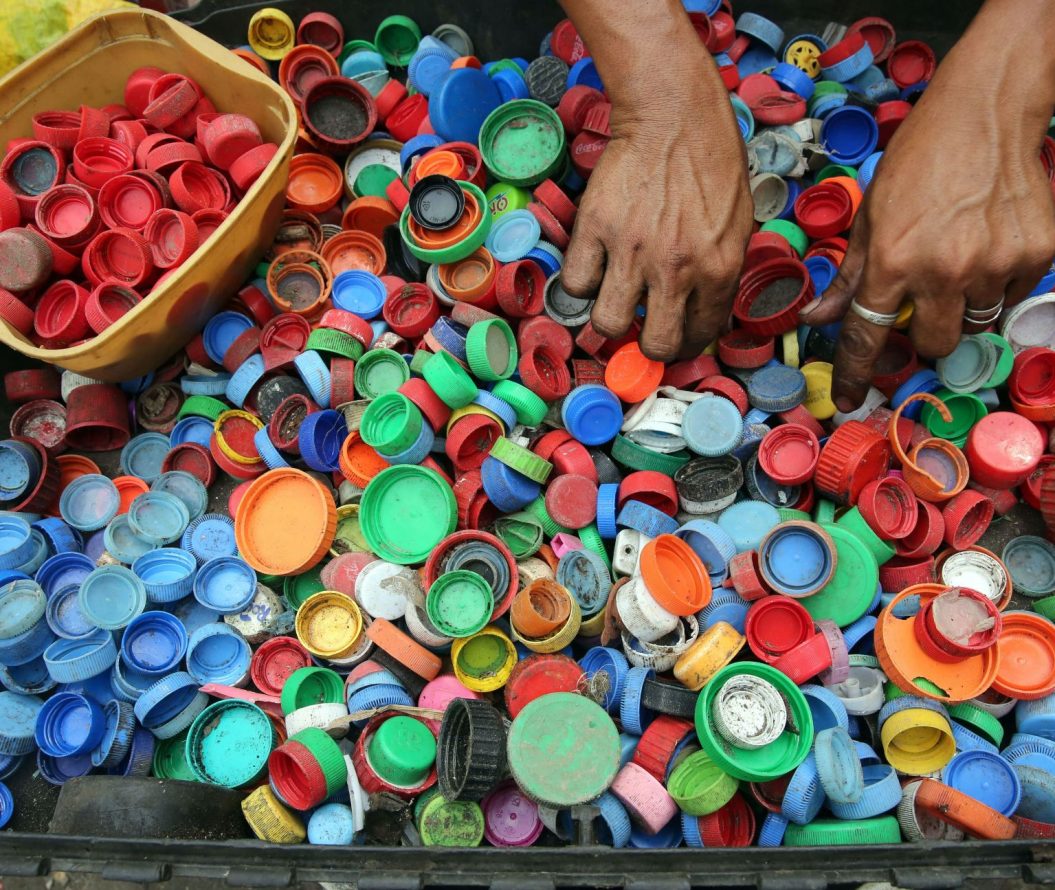Hi, I am George. I am a third year Geography student, I started creating content in my first year and have enjoyed every minute of it- I especially enjoy writing about environmental issues.

Fashion and Climate Change
Although at first it may seem that fashion and the increasingly urgent issue of Climate Change are two very different…
November 3, 2022,
read.
Although at first it may seem that fashion and the increasingly urgent issue of Climate Change are two very different things, they are more closely related than we might think. The UN has recently, in an attempt to achieve the Paris Agreements goal of reducing global temperatures below 1.5 degrees Celsius, looked to gather fashion stakeholders together to agree on a unified stance on climate. Thus the impact of fashion is extremely relevant to the current aims of the Paris Agreement and is thought to maintain importance in the upcoming COP27. Here are a few key notes on fashion within the context of the Climate crisis.
Fashion’s impact on the environment
The effects of the current fashion industry is devastating for the climate, in 2022 the fashion industry alone produced 92 tonnes of waste and the United Nations environment programme reported that the fashion industry contributed to 10% of total global carbon emissions which is more than the combination of international flights and shipping. That is without accounting for the fact that only a small percentage of all of that waste successfully gets recycled. This has resulted in some major changes in the way some fashion organizations operate for example, Gucci and Alexander McQueen have committed to being much more transparent with reporting. However, the problem remains that these global brands drive trends which encompass the whole of the industry forcing people to buy much more often then they used to. Many of these clothes are produced very quickly with synthetic materials which are derivatives from fossil fuel products, for example, Polyester takes almost twice the amount of energy to transform into a textile compared to a natural textile such as cotton.
Identifying fast fashion
If you want to try and avoid buying into fast fashion brands, there are a few key pointers to look out for. Firstly, the clothing made by these brands is often very cheap so fabrics such as polyester, nylon etc are obvious signs that the quality is probably quite poor. Another thing you’ll notice is brands that partake in fast fashion will have a quick turnaround of stock, brands like H&M and Primark for example change stock in line with microtrends which don’t last very long. Companies will often also try to come across as being environmentally conscious but are actually using this as a marketing ploy.
Greenwashing
Greenwashing is the act of a brand acting as though they are environmentally conscious whilst still participating in damaging practices. Brands notorious for this as as follows: BooHoo’s ‘sustainable collection’ is largely made of plastics, H&M’s looop campaign lacks and real action outside of promoting recycling despite still producing masses of emission heavy clothing, Zara’s 100% energy efficient stores direct attention away from the fact they are still producing tonnes of items made of plastic and the last example Asos’ circular line still also uses plastic within the clothing. These examples help to illustrate how companies mislead customers by disguising their activities behind seemingly altruistic campaigns.
Alternatives to fast fashion
If you want to avoid fast fashion to try and reduce your carbon footprint, there are a lot of alternatives. Buying second-hand is a great way to do this and often times you can still find items by the brands you like without directly contributing to their financial growth and keeps the product out of landfill for much longer. You can also try and find clothing which strictly uses organic materials such as wool, cotton etc, these will last longer and be better quality. Finally, reusing the clothing you already own can reduce the amount you throw away, for example if something is damaged try to fix it. There was recently a resurfaced video of famed designer Ralph Lauren where he explained how the shirt he was wearing was originally from K-Mart which he brought decades ago, this highlights the benefits of looking after your clothes and not throwing them away for a quick replacement.
Hopefully this article has been informative in regards to fashions impact on the climate and how you can combat against.
- Topics
- Climate change
- Fashion




